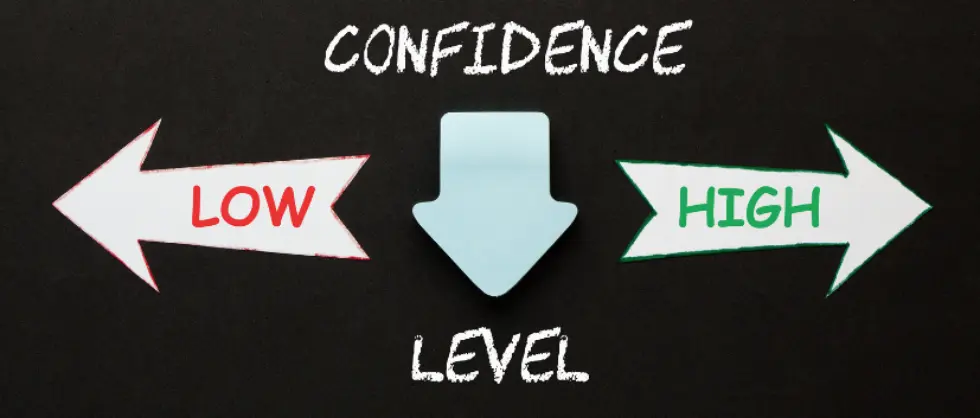Self-confidence is fundamentally built on the foundation of practicing and acquiring new skills. For instance, when faced with something I’m not proficient in or lack knowledge about, one effective strategy to boost confidence is by engaging with these unfamiliar tasks. It’s crucial to recognize that immediate expertise isn’t necessary.
A common barrier to learning new skills is the misconception that if one isn’t proficient from the start, they’ll never excel. However, confidence grows through consistent practice and accumulating experiences. Surrounding oneself with supportive figures like mentors and teachers enhances this learning process. They can offer guidance on how to improve and what lessons can be drawn from each experience.
This method of experiential learning significantly contributes to developing a strong sense of confidence. Approaching new challenges with the mindset of being capable of learning and developing new competencies can remarkably mitigate setbacks. By acknowledging that mastery takes time, and by being open to asking questions and learning from errors, you set the stage for increased self-assurance in your capabilities.
Over time, this approach not only aids in skill enhancement but also in building resilience against excessive self-criticism. Accepting mistakes as part of the learning curve rather than as indicators of personal failure is essential. This perspective is often emphasized in therapy to foster a better quality of life, improve self-perception, and cultivate a more serene life experience.
Looking for a Therapist? Start My Wellness has highly experienced Licensed Therapists that are currently accepting new patients.


